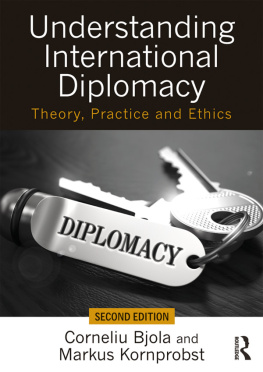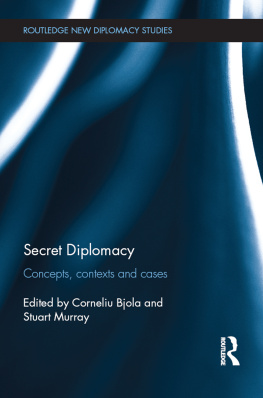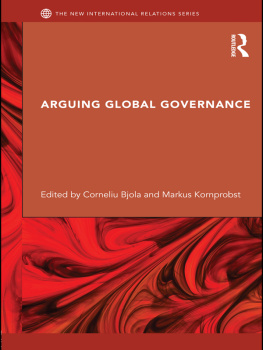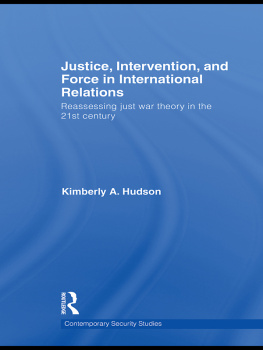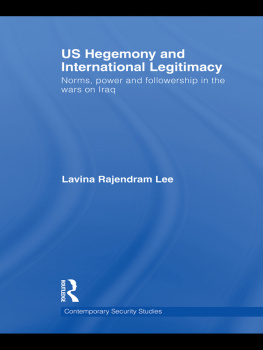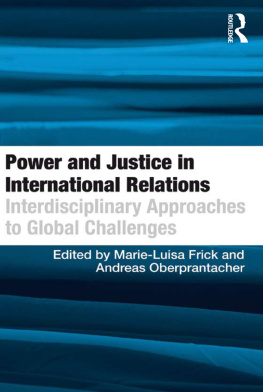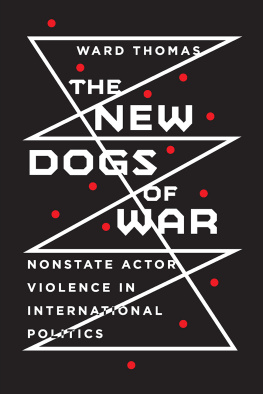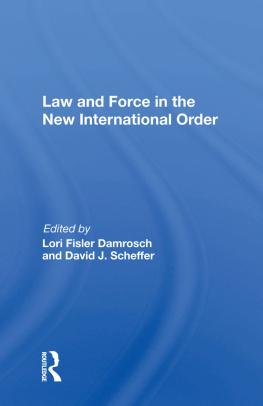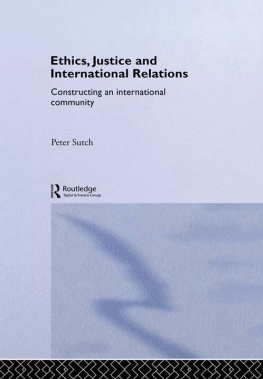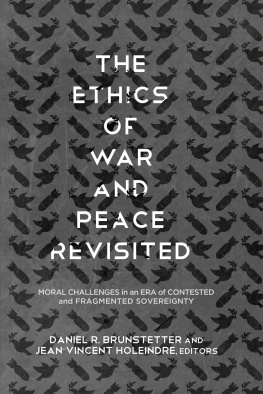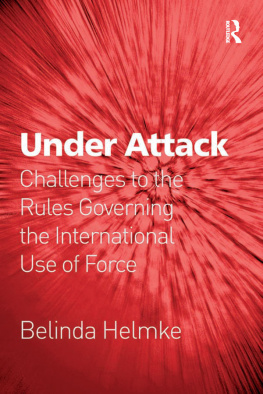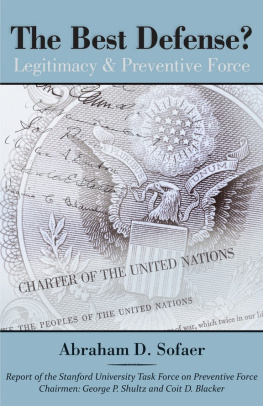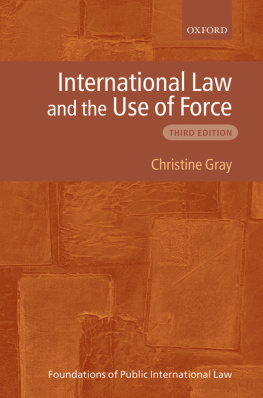Corneliu Bjola - Legitimising the Use of Force in International Politics: Kosovo, Iraq and the Ethics of Intervention
Here you can read online Corneliu Bjola - Legitimising the Use of Force in International Politics: Kosovo, Iraq and the Ethics of Intervention full text of the book (entire story) in english for free. Download pdf and epub, get meaning, cover and reviews about this ebook. year: 2009, publisher: Routledge, genre: Science / Politics. Description of the work, (preface) as well as reviews are available. Best literature library LitArk.com created for fans of good reading and offers a wide selection of genres:
Romance novel
Science fiction
Adventure
Detective
Science
History
Home and family
Prose
Art
Politics
Computer
Non-fiction
Religion
Business
Children
Humor
Choose a favorite category and find really read worthwhile books. Enjoy immersion in the world of imagination, feel the emotions of the characters or learn something new for yourself, make an fascinating discovery.

- Book:Legitimising the Use of Force in International Politics: Kosovo, Iraq and the Ethics of Intervention
- Author:
- Publisher:Routledge
- Genre:
- Year:2009
- Rating:4 / 5
- Favourites:Add to favourites
- Your mark:
Legitimising the Use of Force in International Politics: Kosovo, Iraq and the Ethics of Intervention: summary, description and annotation
We offer to read an annotation, description, summary or preface (depends on what the author of the book "Legitimising the Use of Force in International Politics: Kosovo, Iraq and the Ethics of Intervention" wrote himself). If you haven't found the necessary information about the book — write in the comments, we will try to find it.
This book aims to examine the conditions under which the decision to use force can be reckoned as legitimate in international relations. Drawing on communicative action theory, it provides a provocative answer to the hotly contested question of how to understand the legitimacy of the use of force in international politics.
The use of force is one of the most critical and controversial aspects of international politics. Scholars and policy-makers have long tried to develop meaningful standards capable of restricting the use of force to a legally narrow yet morally defensible set of circumstances. However, these standards have recently been challenged by concerns over how the international community should react to gross human rights abuses or to terrorist threats. This book argues that current legal and moral standards on the use of force are unable to effectively deal with these challenges.
The author argues that the concept of deliberative legitimacy, understood as the non-coerced commitment of an actor to abide by a decision reached through a process of communicative action, offers the most appropriate framework for addressing this problem. The theoretical originality and empirical value of the concept of deliberative legitimacy comes fully into force with the examination of two of the most severe international crises from the post Cold War period: the 1999 NATO intervention in Kosovo and the 2003 US military action against Iraq.
This book will be of much interest to students of international security, ethics, international law, discourse theory and IR.
Corneliu Bjola is SSHRC Postdoctoral Fellow with the Centre for Ethics at the University of Toronto, and has a PhD in International Relations.
Corneliu Bjola: author's other books
Who wrote Legitimising the Use of Force in International Politics: Kosovo, Iraq and the Ethics of Intervention? Find out the surname, the name of the author of the book and a list of all author's works by series.

